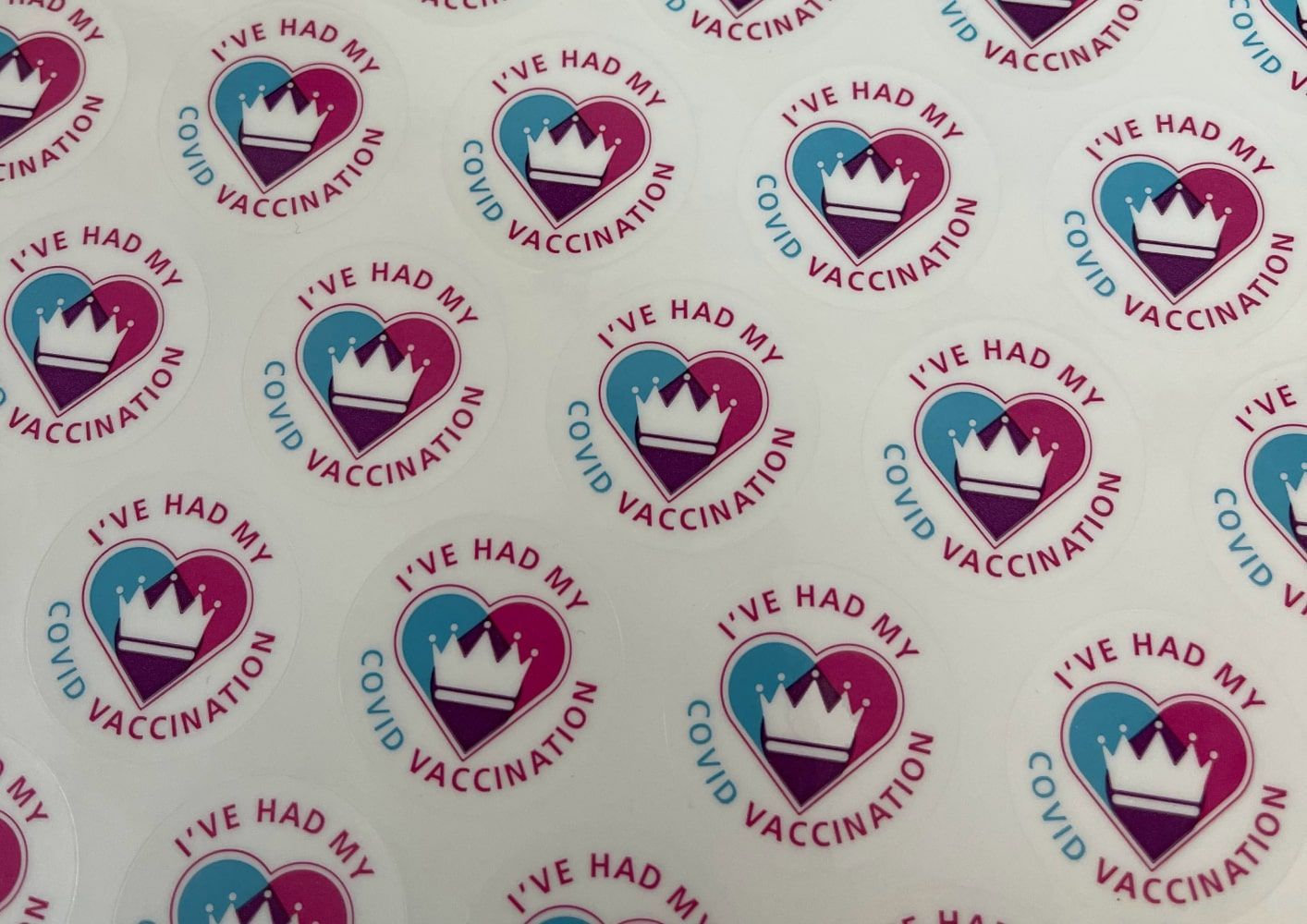Blog>Digital Marketing’s Role in Vaccinating the Nation
Digital Marketing’s Role in Vaccinating the Nation

2021-03-11T14:38:00.000Z
The pandemic has brought about significant changes to the way we live our lives, one of the most important being the way in which we protect ourselves and those around us. Despite the availability of vaccines, many people have been hesitant to get vaccinated. Digital marketing has become a key tool in encouraging individuals to get vaccinated, allowing for targeted and efficient messaging to reach a wide audience.
So, why digital marketing exactly?
Digital marketing agencies allows for targeted messaging to specific populations, such as specific age groups, ethnicities, and geographic locations. For example, digital advertising can be used to target younger individuals who may be more skeptical of vaccines. Additionally, digital marketing can be used to target specific communities, such as those with a high proportion of individuals who have not been vaccinated. It also allows for a high degree of flexibility, as messages can be quickly adjusted or updated to respond to new information or changing public sentiment.
This type of marketing is also highly cost-effective, allowing for campaigns to reach numerous individuals without a significant investment. This can be complemented with other public health efforts, such as traditional media campaigns, community engagement, and local outreach initiatives.
What are the different types of digital marketing used to encourage vaccinations?
Social Media Marketing
Social media platforms, like Facebook and Instagram, have a large and diverse audience, making them ideal for reaching a wide range of people. Additionally, social media marketing allows for the easy sharing of information and personal stories, which can be powerful tools for persuasion. For example, healthcare professionals, public health officials, and individuals who have already been vaccinated can share their experiences and personal reasons for getting vaccinated, which can help to dispel doubts and alleviate concerns about the safety and effectiveness of vaccines.
Search Engine Optimisation
Search engine optimisation is effective because it allows individuals to easily access information on vaccines through search engines like Google and Bing. Additionally, search engine marketing can help to direct individuals to local vaccination clinics, making it easier for them to get vaccinated.
Content Marketing
Content marketing allows for the creation and distribution of informative and educational content, such as blog posts or videos, which can dispel myths and misconceptions about vaccines. Interactive infographics, quizzes, and videos can be used to explain the science behind vaccines and how they work to protect against COVID-19. This type of content can be shared on social media, websites, and messaging apps, providing a valuable source of information and reassurance for those who may be hesitant or have questions about vaccines.
Tracking the effects
A critical aspect of digital marketing is the ability to measure and track the effectiveness of campaigns. By using analytics tools, we can track the number of people who have viewed, shared, or clicked on a piece of content. In tracking the conversion rate of people who viewed the content against those that took action to get vaccinated, marketers are able to optimise campaigns, ensuring they are reaching the right people with the right message.
As more and more people get vaccinated, and we move towards herd immunity, it will become increasingly important for public health officials and marketers to work together to ensure that everyone has access to the information they need to make informed decisions about their health and safety.
However, it’s important to note that while digital marketing can play a key role in disseminating information, it is not the only approach needed. Approaches like community based education and engagement, town hall meetings, and working directly with community leaders and representatives will play a critical role in educating the nation.
Our use of cookies
onqor.com uses cookies, some are necessary for the operation of the website and some are designed to improve your experience. For more information, click here.
Necessary cookies
Are essential to move around onqor.com and use its core functionality and enhanced features. Without these cookies, services you have asked for cannot be provided.
Functional cookies
Allow onqor.com to remember choices you make to give you better functionality and personal features.
Performance cookies
Help improve the performance of onqor.com by collecting and reporting information about how you use the website.